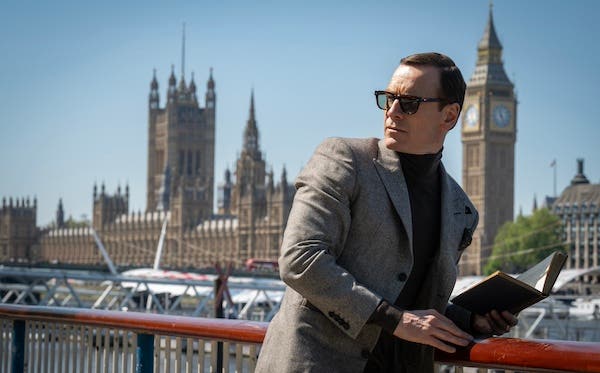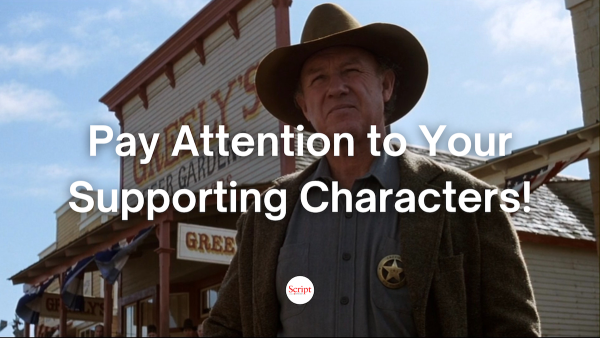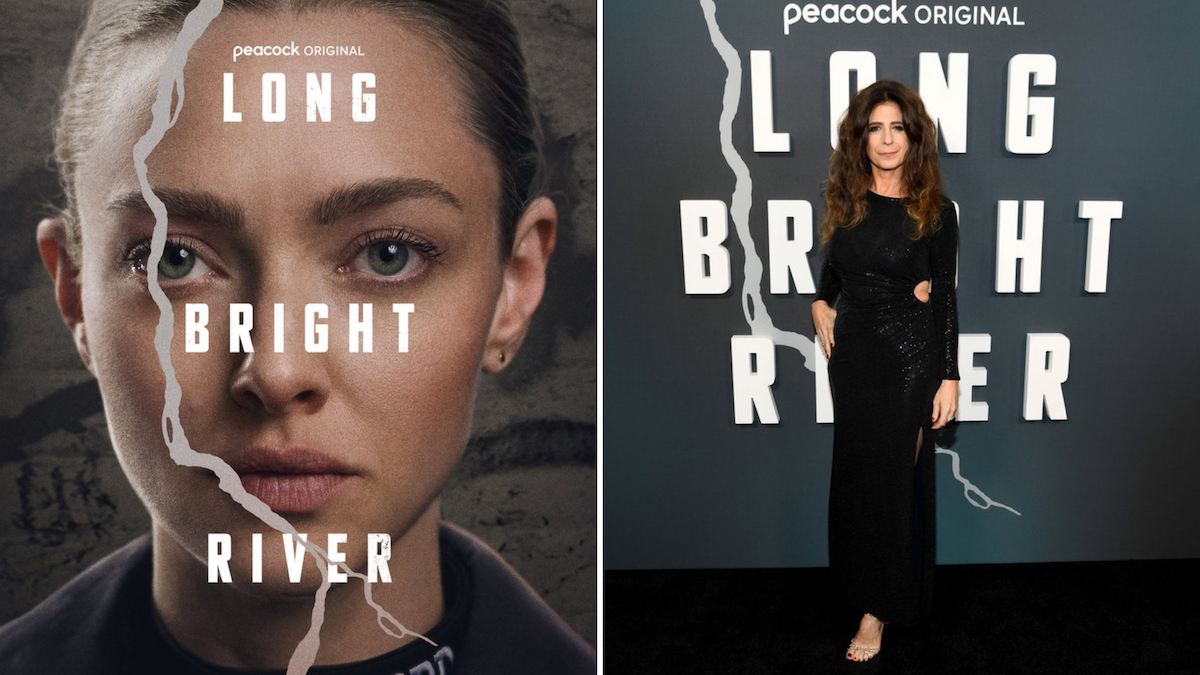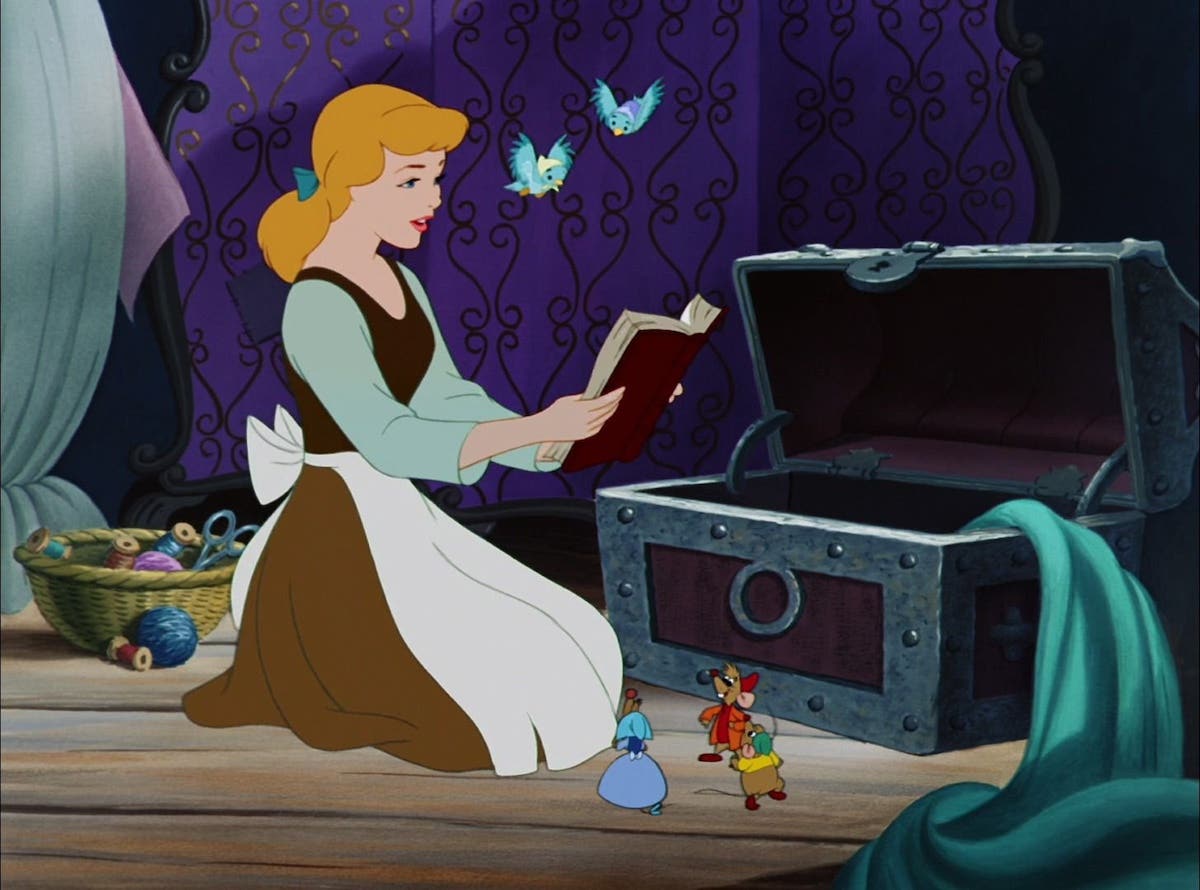Character Arc, Conceptual Arc and Thematic Arc: Which Should You Use?
Does every film have or need a character arc? What can you use in place of a character arc? Michael Lee explains.
Michael Lee is a writer, script consultant, script reader and judge. He's worked as a creative executive for a few production companies and as reader and judge for some of the most prestigious screenwriting contests in the country including PAGE and Final Draft Big Break. He's recently optioned his latest project: a science-fiction comedy entitled How to Conquer the Earth. Follow Michael on Facebook and Twitter: @GoldenAgeofGeek.
There are suddenly a lot of people coming out against character arcs. Some of critics and writers take issue with the notion that every script requires a character arc. They site examples of very successful movies where the main character doesn’t undergo a big, dramatic change like the modern classic Ghostbusters and the recent hit The Martian. And these people have a point to an extent.
There are movies where the main character doesn’t really change that much from their starting point. But that doesn’t mean that these films contain no arcs whatsoever. If that were the case then there wouldn’t be anything for us to look at after the first ten minutes. But if the main characters don’t have arcs what are we watching?
Characters aren’t the only elements that can have arcs. Concepts can have arcs. Themes can have arcs. And as it turns out Ghostbusters and The Martian are both perfect examples of conceptual and thematic arcs respectively.
In Ghostbusters the core characters don’t change a whole lot during the course of the movie. Peter Venkman is still pretty much the same guy at the end that he was in the beginning. The film even revels in how little he changes despite battling supernatural forces that threaten to destroy the world. But we do witness an arc during the movie. We watch Ghostbusters the business venture from its conception through its initial growing pains. We watch as the Ghostbusters become celebrities and the toast of New York City. Then they are arrested and brought to their lowest point only to rise up and triumph at the end. The individuals may not undergo great change but the Ghostbusters as a concept follow an arc that Campbell would approve of.
MovieBob has a great review on The Martian and I have him to thank for this take on the story. As he points out this is a film with a very strong theme that is pro space exploration. And taken from that perspective you can clearly see the film’s thematic arc. At the start, Mark Watney’s “death” is a huge blow for NASA and for space exploration in general. The mood at HQ is somber. These scenes feel like we’re with a business that’s a few weeks from closing up shop. But after they discover Watney is still alive it revitalizes not just NASA but the zest for space exploration around the entire world.
So when should you build your script around a conceptual or thematic arc as opposed to a character arc? That can be a tricky question. The writer should normally go with his or her gut feeling. But if the writer is ambivalent on the matter then one needs to answer a few questions:
At the end of the story has anything changed for the character? If the answer is yes then your story needs a character arc. Your story does contain some amount of change for the main character. And you will have to show the character undergoing that change during the script. The change may not be as epic as Luke Skywalker’s in the original Star Wars trilogy but not all arcs have to be epic. The change just has to be present even if it’s a small one. Ozu was a master at showing the little changes in the lives of his characters.
Does he learn anything new about himself? Again in this case you need a character arc. Outwardly things may not have changed but sometimes the biggest changes are on the inside. Keep in mind you need to make these changes visual or cinematic or the audience won’t notice.
Does the character stay the same? This is a trickier question than most people realize. It all depends on whether or not the character has a choice to change during the story and is tempted to do just that. If staying the same is a conscious and dramatic choice for the character, then the story definitely has a character arc. The character and his journey is still the heart of the story. If the character just reflexively sticks to his guns without much thought or care then the story is a bit removed from the character. It’s commenting on him rather than
Does the world see him differently at the end? This is a gray area. Often characters are defined by what they think and feel and what they do. But you can consider their relationship with the rest of the world as part of their character. So what if that relationship is the thing that changes? It depends. What does the writer consider more important; the reason why society has changed its attitude towards the character? That would suggest a more thematic or conceptual arc for the story. But if what’s important is how this change in attitude affects the character then we’re back to the character arc.
Can a character arc be inserted easily into the plot? A lot of people complain about character arcs being forced into stories. What screenwriters have to remember is that everything in a work of fiction is forced. The question is whether it looks forced to the audience. Sometimes a character seems like a natural fit for a story. Why insert one? Actors are a critical part of movie making and a role with a defined character arc tends to attract actors with more name recognition.
Are we dealing with a group? Here we get more into the conceptual or thematic arcs. As with groups like the Ghostbusters or The Avengers the group itself becomes the ”main character” of the story. Often the individual members are like aspects of an individual. We often hear about how this character is the brains, the brawn, or the heart and soul of the group. Sometimes members act like id, ego or super ego. Going back to The Martian, the entire cast is on the same team but they perform different functions. There are hard headed realists, optimistic idealists, wild creative types. They’re all working together for this common goal but in different ways.
Is this a franchise? Beginning writers probably don’t have to worry about writing the next installment of the James Bond series. But you never know. But for a large part of movie history the most popular movies were franchise pictures. And in the past these were based on conceptual arcs. The first few films established the concept then the next entries would take the franchise to different locales and different scenarios. But it is hard to sustain a series this way and keep it from being repetitive. That’s why the most recent iteration of James Bond has tried to inject more of a character arc into his adventures.
Are we dealing with a large event? This is one of the hardest stories to write well. To my knowledge there’s 2001: A Space Odyssey and a few other films that tried and largely failed. These stories are clearly following a thematic arc. It’s telling that the one clear successful example was the product of one of the greatest filmmakers of all time. There are other niche genres that follow thematic arcs. The most popular is the horror anthology film which is experiencing a resurgence.
So while there are stories that don’t have character arcs, character arcs are still the bread and butter of good screenwriting. New writers have to master the art of creating a good character arc before moving on to conceptual or thematic arcs. If you can’t make the journey of a flesh and blood person interesting you probably won’t succeed with something nebulous like a concept or a theme. The Martian could have easily turned into a didactic screed. We wouldn’t care about Ghostbusters the concept if we didn’t like the individual Ghostbusters as characters.
- More articles by Michael Lee
- Creating Characters: The Case AGAINST Character Arcs
- Jeanne's Screenwriting Tips: Character Evolution - Finding Your Character's Wound
Get director/screenwriter Tom Lazarus on-demand webinar
How to Write Bankable Main Characters
Michael Lee is a writer, script consultant, script reader and judge. He’s worked as a creative executive for a few production companies and as reader and judge for some of the most prestigious screenwriting contests in the country including PAGE and Final Draft Big Break. The last five years his life has consisted of reading lots and lots of screenplays. He’s recently optioned his latest project: a science-fiction comedy entitled How to Conquer the Earth. Follow Michael on Facebook and Twitter: @GoldenAgeofGeek.





